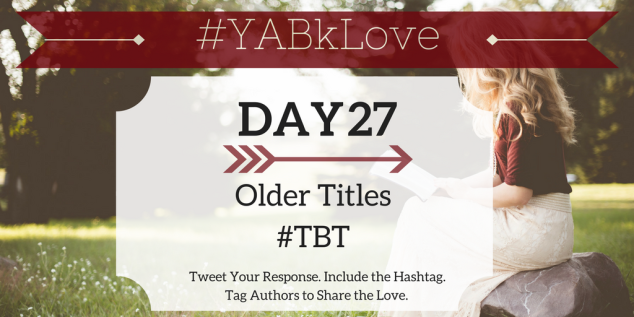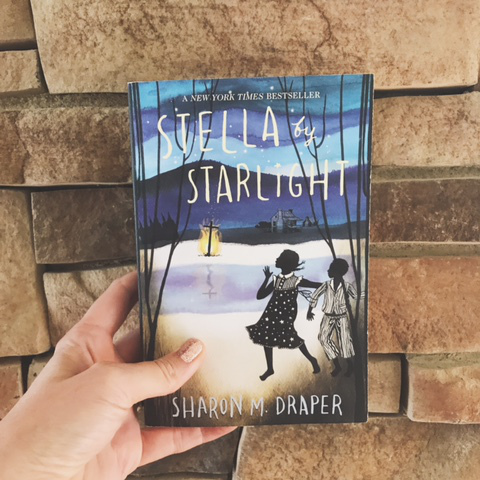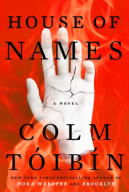
1. “Twitter and Tear Gas: The Power and Fragility of Networked Protest” by Zeynep Tufekci
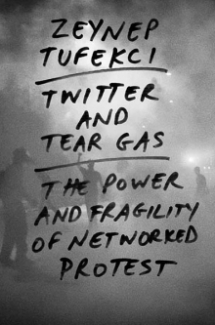 How do we make sense of modern-day protests, from a global Occupy movement to a failed Turkish coup? In “Twitter and Tear Gas,” sociologist and ethnographer Zeynep Tufecki suggests we take a hard look at the technologies that both drive and constrain social change.
How do we make sense of modern-day protests, from a global Occupy movement to a failed Turkish coup? In “Twitter and Tear Gas,” sociologist and ethnographer Zeynep Tufecki suggests we take a hard look at the technologies that both drive and constrain social change.
Combining ethnographic research with personal stories from her involvement in political protests, Tufecki describes how the Internet has redefined social movements: It enabled the provision of medical supplies during the Arab Spring, fueled the Zapatista uprisings in Mexico, and lead to the occupation of Egypt’s Tahir Square.
But Tukecki’s explanations are more nuanced than that: The very technologies that spark social movements, she argues, are also what keeps them in check.
2. “What Happened” by Hillary Rodham Clinton
 Critics on both sides of the aisle were dreading the September release of “What Happened.” Democrats feared it would reopen old wounds, and Republicans told her to just “move on.”
Critics on both sides of the aisle were dreading the September release of “What Happened.” Democrats feared it would reopen old wounds, and Republicans told her to just “move on.”
But I’ll bet critics on both sides of the aisle were relieved—and perhaps even pleased—to read Clinton’s deeply personal, candid and humorous memoir. In her account of the 2016 U.S. Presidential election and its aftermath, Clinton finally sheds the caution and reserve that often exasperated her critics. She reveals her state of mind in the months following her defeat (try alternate-nostril breathing, she tells readers) and shares her account of what went wrong and who’s to blame: herself, the media, sexism and—the big one—James Comey.
Whether or not readers agree with her conclusions, “What Happened” provides a vital perspective on the 2016 election—an event that will surely go down as both a decisive moment in American political history and a turning point in international politics. Why wouldn’t we want to hear about it from America’s first female presidential nominee of a major party who saw it all up close?
3. “The Future Is History: How Totalitarianism Reclaimed Russia” by Masha Gessen
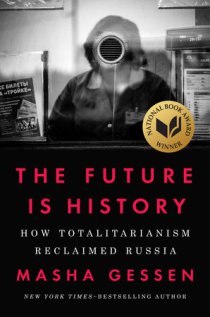 What kind of state is Russia? That’s the question award-winning journalist Masha Gessen explores in “The Future of History.” Tracing the lives of seven individuals, Gessen recounts four decades of Russian history, from Gorbachev’s rule in the 1980s to Putin’s rise to power. What she finds—as her title suggests—is a totalitarian state struggling to relinquish its past.
What kind of state is Russia? That’s the question award-winning journalist Masha Gessen explores in “The Future of History.” Tracing the lives of seven individuals, Gessen recounts four decades of Russian history, from Gorbachev’s rule in the 1980s to Putin’s rise to power. What she finds—as her title suggests—is a totalitarian state struggling to relinquish its past.
Gessen may be a long-time Putin critic, but the Kremlin isn’t the only one to blame for the state’s descent into autocracy. She also points to the resurrection of homo sovieticus—the communist-era personality that craves stability and reveres authority.
The winner of the National Book Award for Non-fiction, “The Future is History” is an ambitious—and sometimes controversial—book for anyone wishing to understand Russia’s Soviet legacy.
4. “The Chessboard and the Web: Strategies of Connection in a Networked World” by Anne-Marie Slaughter
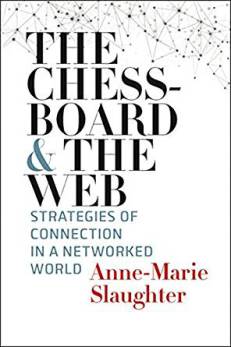 Traditional theories paint international politics as a competitive, zero-sum game states play on a global chessboard. But according to Anne-Marie Slaughter—Director of the State Department Office of Policy Planning under Hillary Clinton—the standard chessboard model of global politics no longer captures the complexity of today’s world. Instead, she proposes a new metaphor: the world as a web of networks, where games are won by building connections and coalitions.
Traditional theories paint international politics as a competitive, zero-sum game states play on a global chessboard. But according to Anne-Marie Slaughter—Director of the State Department Office of Policy Planning under Hillary Clinton—the standard chessboard model of global politics no longer captures the complexity of today’s world. Instead, she proposes a new metaphor: the world as a web of networks, where games are won by building connections and coalitions.
“The Chessboard and the Web” is a foreign policy handbook for a new age that urges policymakers to redefine the metaphors and strategies that govern international politics.
5. “I Was Told to Come Alone: My Journey Behind the Lines of Jihad” by Souad Mekhennet
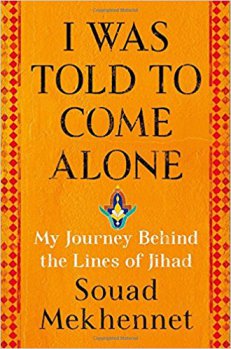 In “I Was Told to Come Alone,” correspondent for The Washington Post Souad Mekhennet takes on one of the greatest challenges of our political moment: understanding those who hate us.
In “I Was Told to Come Alone,” correspondent for The Washington Post Souad Mekhennet takes on one of the greatest challenges of our political moment: understanding those who hate us.
Merging memoir with incisive reportage, Mekhennet dives into the politics and personalities of jihadism in the Middle East and North Africa. As a Arab-German Muslim woman who speaks English, German, French and Arabic, Mekhennet gains access to worlds and individuals most Western reporters never get to see—including one-on-one interviews with Islamic State leaders.
Mekhennet may not offer any hard and fast solutions to the complex problem of extremism, but her work forces us to rethink our long-standing assumptions. More specifically, she calls on readers to see jihadists not as one-dimensional killers but as human beings, arguing that nuance and understanding is the only route to reconciliation.
Share this:

